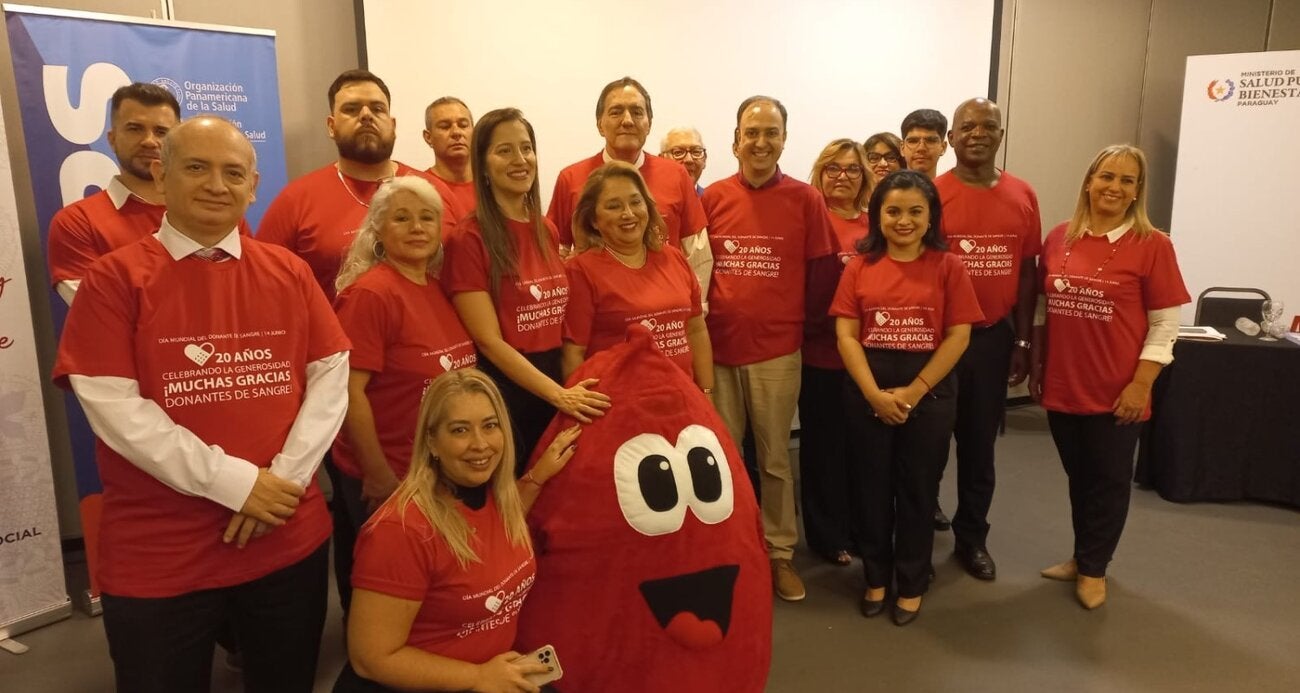Blood transfusion plays a critical role in healthcare, benefiting patients that face life-threatening conditions. Transfusion of blood and blood products help patients live longer and with higher quality of life. Additionally, blood transfusion supports complex medical and surgical procedures thus making it indispensable in maternal and childcare as well as during man-made and natural disasters.
Unfortunately, in many countries, demand exceeds supply, and blood services face the challenge of making sufficient blood available whilst also ensuring its quality and safety. Voluntary unpaid blood donation is the foundation of a safe and sufficient blood supply. Moreover, voluntary unpaid plasma donations also play a crucial role t in supporting patients with a wide range of long-term conditions such as haemophilia and immune deficiencies.
In May 2005, during the Fifty-Eighth World Health Assembly, ministers of health from across the world made a unanimous declaration of commitment and support towards voluntary blood donation. Through resolution WHA58.13, they designated World Blood Donor Day as an annual event to be held each year on 14 June. The resolution furthermore urges Member States to implement and support well organized, nationally coordinated and sustainable blood programmes with appropriate regulatory oversight so that sufficient safe blood can be collected to meet the needs of patients.




